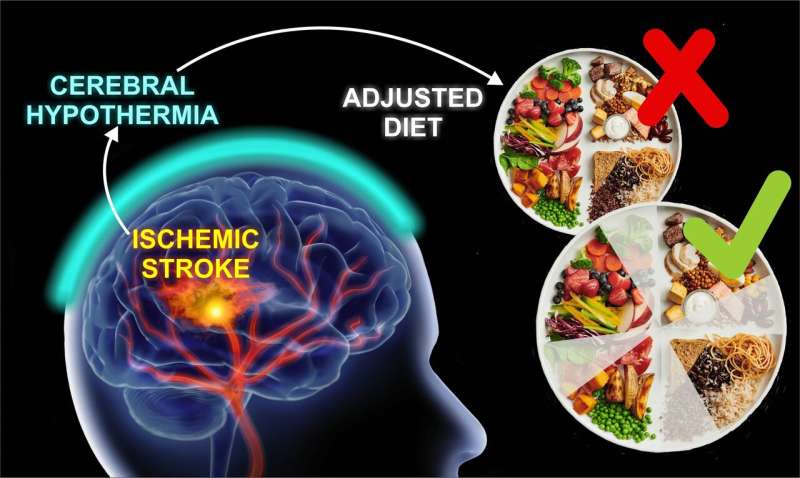

Regarding location, a stroke can affect many different areas of the brain. When a stroke is considered massive (often measured by a high score on the NIH Stroke Scale), recovery may take longer and require intensive work. Regarding size, if a stroke is mild, the brain damage may be minimal and, as a result, recovery often occurs faster. If you’re eager to understand more about your potential stroke recovery timeline, there are two factors worth digging into: the size and location of the stroke. For this reason, experts are often found saying, “ Every stroke is different, therefore every recovery will be different.” Factors That Impact Your Unique Stroke Recovery Time Generally speaking, recovery tends to occur faster for minor strokes than for strokes that impacted larger areas of the brain. The speed of treatment also has an effect on recovery outlook. How long it takes to recover from a stroke depends on many different factors, such as the size and location of the stroke, as well as your age and overall health prior to the stroke. This is why swift treatment is essential to stop the stroke, restore blood flow in the brain, and save a life. When this happens, the affected area of the brain does not receive enough oxygen-rich blood. How Long Does It Take To Recover From A Stroke?Ī stroke occurs when the supply of blood in the brain is compromised either by a clogged artery (called an ischemic stroke) or burst artery (called a hemorrhagic stroke). See How Others Survivors Are Doing at Different Stages.Factors That Impact Your Unique Stroke Recovery Time.How Long Does It Take To Recover From A Stroke?.Use the links below to jump straight to any section: Your stroke recovery timeline will look different from other survivors because the rate of recovery is unique to everyone.Īlthough it’s impossible to tell exactly how long it takes to recover from a stroke, this article will provide an overview of some common patterns and milestones. How long does it take to recover from a stroke? This is a common question from both survivors and caregivers, and the answer is complicated.


 0 kommentar(er)
0 kommentar(er)
